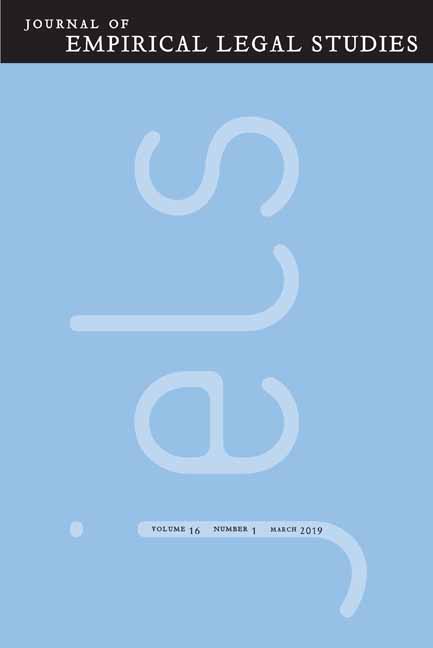From the Journal of Empirical Legal Studies
Corporate adoption of politically contestable practices (e.g., sustainable forestry; cage-free eggs) is increasingly common. In two studies, we empirically explore the relationship between corporate practices and subsequent public support for legislation mandating such practices. One hypothesis is that public support for new legislation decreases following corporate action because the private sector is perceived to be adequately managing the problem, thus obviating the need for a legislative response. A competing hypothesis is that public support for new legislation increases because people are prompted to recognize the issue in question as one in need of regulation. Our results suggest that announced changes to corporate practices can increase public support for legislation, but the effects differ depending on the political orientation of the perceiver. Legislators might fruitfully integrate corporate endorsements into public information efforts.

